General Contact Information
Convergent Systems Engineering
Data Science and Engineering
Wireless Embedded Systems
FACULTY
Convergent Systems Engineering
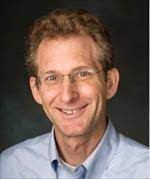
Dr. Jon Wade | Faculty Director
Professor of Practice, Mechanical and Aerospace Engineering
Jacobs School of Engineering
University of California, San Diego
Dr. Jon Wade is a professor of practice of mechanical and aerospace engineering at the Jacobs School of Engineering where he is the director of convergent systems engineering. Previously, Dr. Wade was a research professor in the School of Systems and Enterprises at the Stevens Institute of Technology where he served as the associate dean of research, the director of the systems and software engineering division, and the chief technology officer of the Systems Engineering Research Center (SERC) UARC. His industrial experience includes positions as executive vice president of Engineering at International Game Technology (IGT), senior director of Enterprise Server Development at Sun Microsystems and director of Advanced System Development at Thinking Machines Corporation. Dr. Wade received his S.B., S.M., E.E. and Ph.D. degrees in electrical engineering and computer science from the Massachusetts Institute of Technology. Dr. Wade is an INCOSE Fellow.

Jimmy Anklesaria | Lecturer
Entrepreneur, thought leader, author, educator and has launched three companies, written two books in the field of Supply Chain Cost Management. Was awarded the J. Shipman Gold Medal by the Institute for Supply Management.
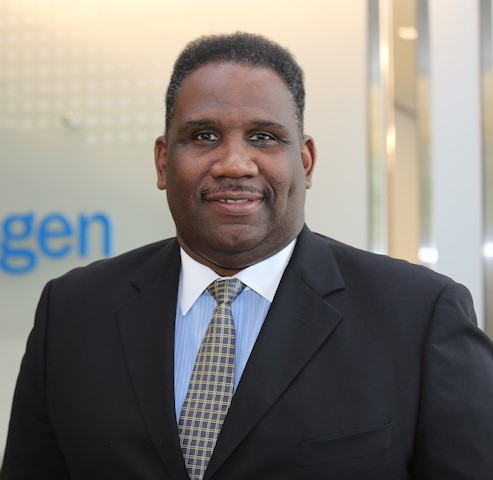
Walter Charles | Lecturer
Business Leader, Big Data Analytics Disruptor, Supply Chain Technology Inventor, and Procurement Futurist. Has held senior leadership at Allergen, Biogen, Kraft Foods, Kellogg's, the Johnson & Johnson, and Cordis.
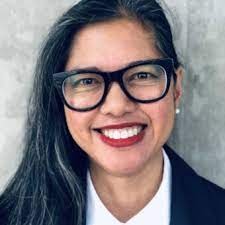
Hortense Gerardo, PhD | Director of UCSD APT Program
Jacobs School of Engineering
Lecturer, anthropologist, playwright, screenwriter, and performance artist.

Rick Gessner | Senior Lecturer
Successful serial entrepreneur with over two decades of experience creating great technology companies.
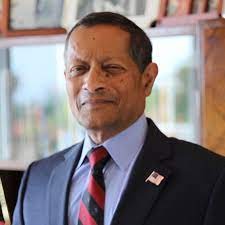
Chris Gopal, PhD | Lecturer
Has held executive positions at several leading companies, including Partner & Director of Global Supply Chain & Operations Services at Ernst & Young Consulting, VP in World-Wide Operations at Dell Computer, as well as executive VP positions at leading companies such as Unisys, and SAIC.
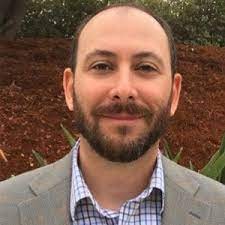
Ken Griesi | Lecturer
Ken is the Vice President of Solutions Engineering and Architecture at the nonprofit Compassion. Ken has more than 20 years of experience in high-tech and national defense leadership. He most recently served as the chief technologist for Gloo, where he led the development of the first personal growth platform serving the faith community. Prior to Gloo, he held senior technical leadership positions with the MITRE Corporation, leading the U.S. Navy’s transformation to the cloud and modernizing thousands of apps. He also served as chief architect at Cisco, where he conceptualized and led the development of their services platform (generating $6.5 billion annually).

Bruce Lawler | Lecturer
Managing Director of MIMO (Machine Intelligence for Manufacturing and Operations), MIT, technology entrepreneur. Development expertise in mobile applications, artificial intelligence systems with operations leadership.
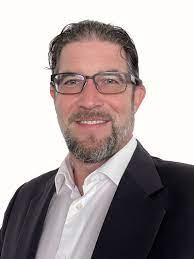
Mark Messow | Lecturer
Global practitioner with multi-domain expertise & multi-industry experience. Value chain excellence, technology adoption, end to end value chain architecture and customer solutions experience, supply chain sustainability.

Erika Palmer, PhD | Senior Lecturer
Cornell University
Modeling, simulation, & engineering of sustainable social/sociotechnical systems.

Thomas Roemer, PhD | Lecturer
Executive Director, Leaders for Global Operations - MIT
Thomas Roemer is a Senior Lecturer in Operations Management at the Sloan School of Management at MIT and has served as the Executive Director of the Leaders for Global Operations (LGO) Program since July 2014. He has taught classes in operations management and strategy, product design and development, quantitative analysis, and business ethics. From 2000 to 2006, Roemer was an Assistant Professor at MIT Sloan, where he served as the first MIT-Ford Faculty Fellow and was named the Robert N. Noyce Assistant Professor in Operations Management. From 2006 to 2014, he was on the faculty at the Rady School of Management at the University of California at San Diego, where he helped create the Architecture-based Enterprise Systems Engineering (AESE) Program.
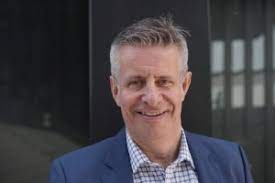
Jurgen Scherer, PhD | Lecturer
Senior Executive & Member of Executive Committees - 30 years in International Business Management with focus on Sales / Key Account Management and Procurement / Supply Chain Management within Global FMCG, Chemical and Industrial Packaging Industries.
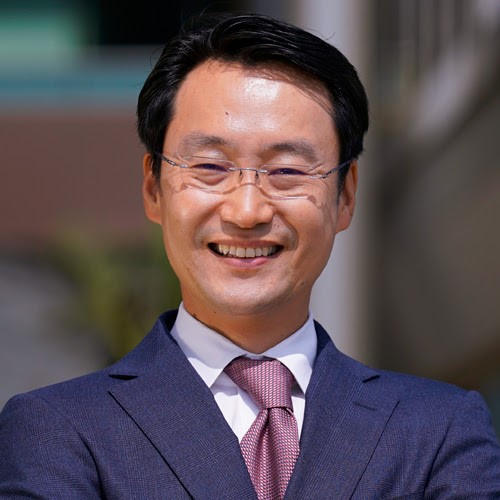
Hyoduk Shin, PhD | Anklesaria Presidential Chair in Innovation and Entrepreneurship
Professor of Innovation, IT and Operations - UCSD
Shin’s research interests include forecast information sharing and investment in supply chain management, competitive strategies under operational constraints, economics of information technology, software and digital goods, release strategies in the motion picture industry and innovation in supply chains.
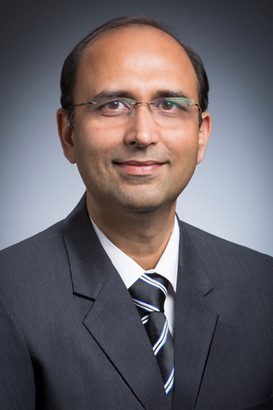
G.B. Singh, PhD | Lecturer
Director of Director of Business Management, Solar Turbines, formerly director customer services Business in Asia Pacific.

Alexander Zak, PhD | Lecturer
Alexander Zak, Ph.D. is an award winning faculty member at UCSD, who teaches a broad range of graduate courses at the Rady School of Management, the Jacobs School of Engineering, and the School of Theater and Dance. He is a thought leader, a trusted adviser and an educator, with a broad range of global experience in building leadership capacity to solve complex business problems, develop insight, execute and drive change. His expertise is in creating business value by orchestrating experiential learning, consulting and coaching engagements focused on visionary outcomes. Zak holds a doctorate in engineering and masters in management. His work and research is in strategic problem solving methodologies, management of complexity in enterprise systems and development of executive leadership capacity. Zak is fluent in English and Russian and is certified in MBTI ®. Zak has taught, coached and served clients, within some of the world's leading multinational corporations and professional service firms for over a decade, including: McKinsey & Co., Booz Allen Hamilton, Egon Zehender, PricewaterhouseCoopers, Warburg Pincus, Permira, Cisco, EMC, Avaya, ViaSat, Ericsson, Infosys, Northrop Grumman, Raytheon, Ford Motor Co., Caterpillar, Ingersoll Rand, Disney, Genentech, CB&I, Skanska and Cargill.
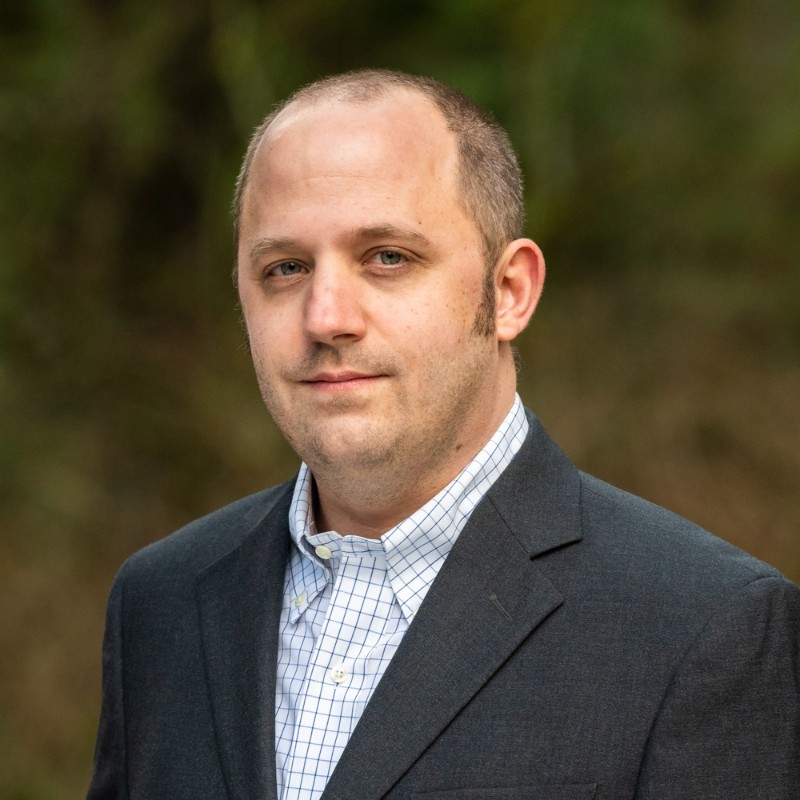
Carsen Zimmerman | Lecturer
Cybersecurity operations speaker, author, architect
Data Science and Engineering
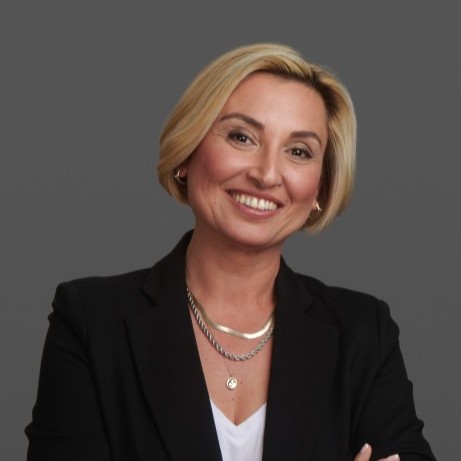
Ilkay Altintas, PhD | Faculty Co-Director
Chief Data Science Officer - San Diego Supercomputer Center
University of California, San Diego
Dr. Ilkay Altintas is the Chief Data Science Officer at the San Diego Supercomputer Center (SDSC), UC San Diego, where she is also the Founder and Director for the Workflows for Data Science Center of Excellence. Since joining SDSC in 2001, she has worked on different aspects of scientific workflows as a principal investigator and in other leadership roles across a wide range of cross-disciplinary NSF, DOE, NIH and Moore Foundation projects. She is a co-initiator of and an active contributor to the popular open-source Kepler Scientific Workflow System, and the co-author of publications related to computational data science and e-Sciences at the intersection of scientific workflows, provenance, distributed computing, bioinformatics, observatory systems, conceptual data querying, and software modeling. Ilkay is the recipient of the first SDSC Pi Person of the Year in 2014, and the IEEE TCSC Award for Excellence in Scalable Computing for Early Career Researchers in 2015.
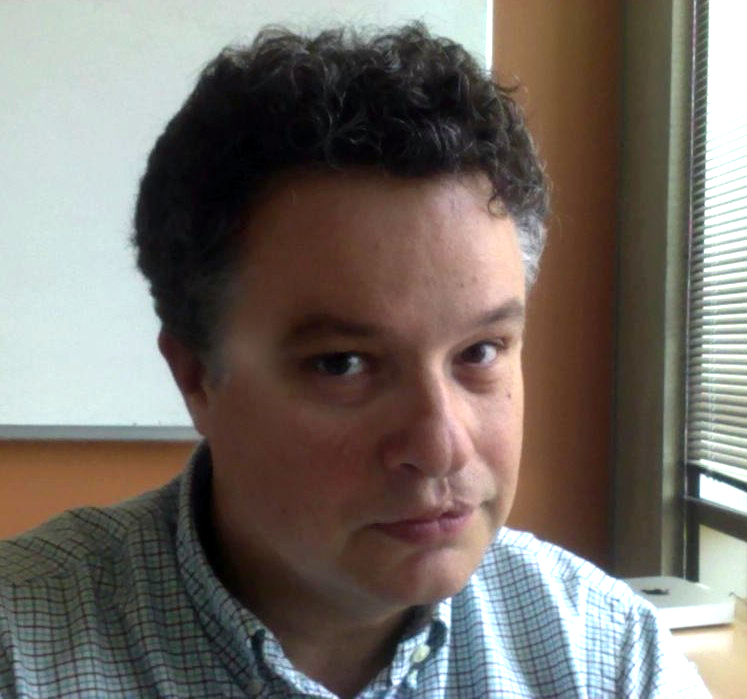
Alin Deutsch, PhD | Faculty Co-Director
Professor, Computer Science & Engineering - Jacobs School of Engineering
University of California, San Diego
Dr. Alin Deutsch is interested in XML databases and XML query languages. He received his Ph.D. in computer science from the University of Pennsylvania in 2002. He received his M.S. in computer science from the Technical University of Darmstadt (Germany) in 1995 and his B.S. in computer engineering from the Bucharest Polytechnic University (Romania) in 1993 - graduating with honors from each institution. During his doctoral studies at the University of Pennsylvania, Deutsch worked as an intern at the AT&T Research Labs and Texas Instruments. As a teaching assistant at the University of Pennsylvania, he taught Java programming techniques and a tutorial on XML technologies. Due to his extensive experience, he is able to provide an effective mix of high-level technical detail and real-world interpretations - enabling him to interact with a wide variety of audiences. Deutsch's entrepreneurial skills have led to a patent in 2000 based on query optimization.

Amarnath Gupta | Faculty
Research Scientist & Associate Professor, Computer Science & Engineering - Jacobs School of Engineering
University of California, San Diego
Dr. Amarnath Gupta received his Ph.D. in Computer Science from Jadavpur University in India. He is currently a full Research Scientist at the San Diego Supercomputer Center of UC San Diego, and directs the Advanced Query Processing Lab. His primary areas of research include semantic information integration, large-scale graph databases, ontology management, event data management and query processing techniques. Before joining UC San Diego, he was the Chief Scientist at Virage, Inc., a startup company in multimedia information systems. Dr. Gupta has authored over 100 papers and a book on Event Modeling, holds 13 patents and is a recipient of the 2011 ACM Distinguished Scientist award.
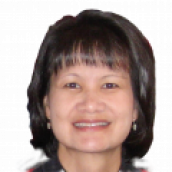
Mai H. Nguyen | Lecturer
Lead for Data Analytics - San Diego Supercomputer Center
Lecturer, Computer Science & Engineering - Jacobs School of Engineering
University of California, San Diego
Dr. Mai Nguyen is the Associate Director for AI of the WIFIRE Lab and the Lead for Data Analytics at the San Diego Supercomputer Center at UC San Diego. Her research centers on applying artificial intelligence, deep/machine learning, and data science techniques to interdisciplinary problems. She has worked in many areas, including satellite image processing, medical image analysis, knowledge extraction from text, and object detection and data analysis for wildfire prevention and management. Prior to joining SDSC, she worked in industry on applications in remote sensing, image processing, speech recognition, and spacecraft autonomy. She received her M.S. and Ph.D. degrees in Computer Science from UCSD, with focus on machine learning.
Wireless Embedded Systems
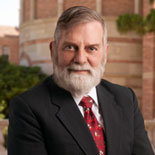
Frederic Harris | Faculty Co-Director
Adjunct Professor, Electrical and Computer Engineering - Jacobs School of Engineering
University of California, San Diego
Fredric J. Harris is an adjunct professor of Electrical Engineering and former CUBIC signal processing chair at San Diego State University and an internationally renowned expert on DSP and Communication Systems. He is also the co-inventor of the Blackman-Harris Filter. He also has extensively published many technical papers, the most famous being the seminal 1978 paper "On the use of Windows for Harmonic Analysis with the Discrete Fourier Transform." He is also the author of the textbook Multi-rate Signal Processing for Communication Systems and the Source Coding chapter in Bernard Sklar's textbook on Digital Communications.
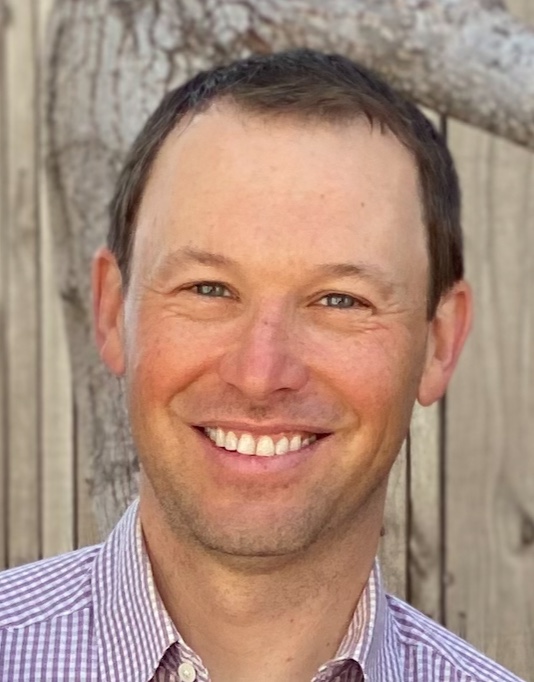
Ryan Kastner | Faculty Co-Director
Professor, Computer Science & Engineering - Jacobs School of Engineering
University of California, San Diego
Dr. Ryan Kastner joined UC San Diego in 2007 a professor in the Department of Computer Science and Engineering at the University of California, San Diego. He received a PhD in Computer Science (2002) at UCLA, a Masters degree in engineering (2000) and Bachelor degrees (BS) in both Electrical Engineering and Computer Engineering (1999), all from Northwestern University. He spent the first five years after his PhD as a professor in the Department of Electrical and Computer Engineering at the University of California, Santa Barbara.

Nandan Das | Lecturer
Lecturer, Electrical and Computer Engineering - Jacobs School of Engineering
University of California, San Diego
Dr. Nandan Das is currently the CTO of Viasat's Government Fixed/Nomadic and Land Mobile Broadband SATCOM business (GC4). He has over 20 years of experience in the industry mostly in the PHY/MAC design of Ka-band high throughput satellite systems. He has a wide range of interests including digital communication, statistical signal processing and estimation theory, optimization, implementation of communication systems on hardware etc. Nandan has considerable experience leading diverse multi location teams and was one of the initial members of the team that won the Guinness World Record for the highest capacity satellite system. He has been awarded multiple patents, been awarded the best paper prize at IWSSC, and his work has been cited over 300 times.
Dr. Das obtained his PhD from UCSD, a MSEE from Stanford University and a BS in Engineering from Harvey Mudd College.

John Eldon | Lecturer
Lecturer & Embedded Systems Lab Manager, Electrical and Computer Engineering - Jacobs School of Engineering
University of California, San Diego
Dr. John Eldon, Engineering consultant, was the Director of Digital ASIC Design at PulseLink. Using VERILOG in a commercial setting, he has devised numerous integrated-circuit architectures that implement a wide variety of digital signal processing algorithms, as well as, defining a number of commercial integrated circuits. Dr. Eldon received his Bachelor of Science (B.S.) and Master of Science (M.S.) in Physics from UCLA. He received his Doctor of Environmental Science & Engineering in Mathematical Model of Photochemical Smog Formation from UCLA. He is a senior member of the Institute of Electrical and Electronics Engineers.
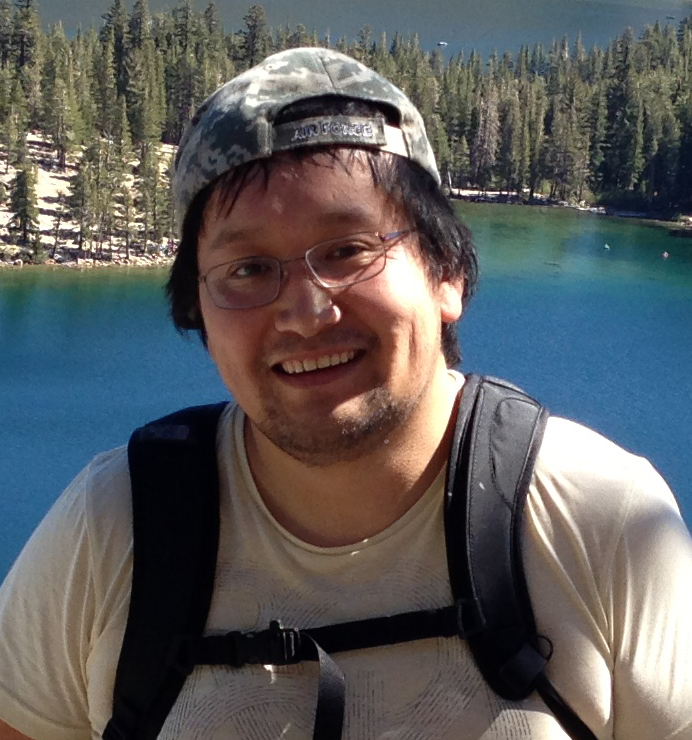
Janarbek Matai, PhD | Lecturer
Computer Science and Engineering - Jacobs School of Engineering
University of California, San Diego
Janarbek Matai works for Qualcomm AI Research. Janarbek Matai has a wide range of interests including acceleration of computer vision/machine learning workloads on low power devices, programming languages/compilers, design, and applications of FPGA and GPU. Previously, Janarbek Matai was a Principal Software engineer at Cognex Corporation. At Cognex, Janarbek involved in the design and implementation of FPGA-based a high-speed 3D reconstruction camera system for industrial automation scanning systems and facilitated research and development relationship between Cognex and UCSD Visual Computing Group.
Janarbek completed his Ph.D. from the Computer Science and Engineering department of University of California, San Diego, and he earned his Masters and Bachelors degrees from the Korea Advanced Institute of Science and Technology (Former ICU Campus) and Mongolian University of Science and Technology, respectively.